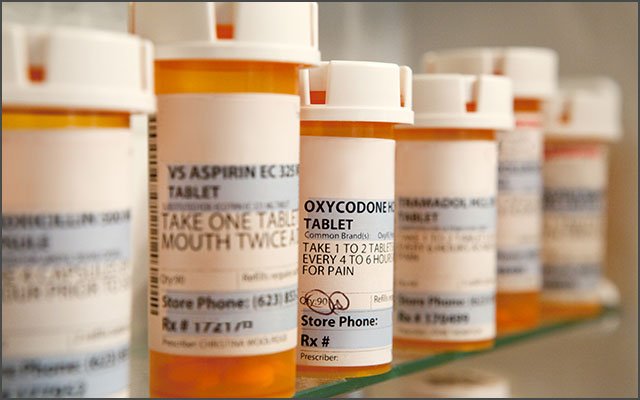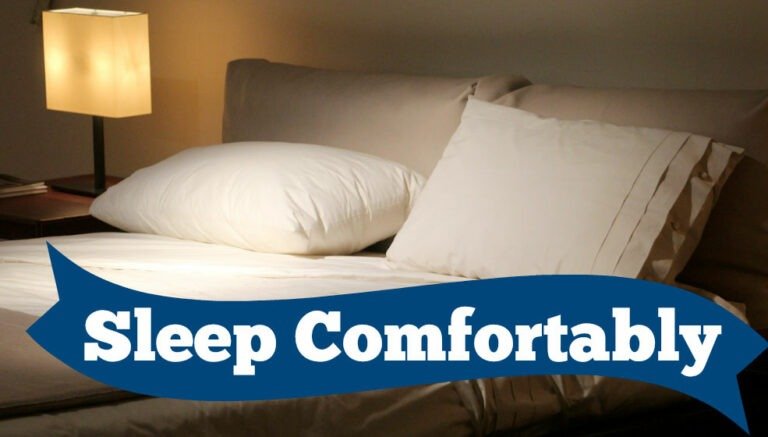Managing Migraine Headaches – No Regrets

I spoke with a woman recently about how she manages her chronic migraines. She has had migraines for over 5 years and finally feels she has them under good control. She has found a medication that works for her most of the time. But, she feels her most powerful weapons are the lifestyle changes she has made that help to prevent headaches. She eats healthier and avoids the chocolate and coffee that she loves, but knows will trigger a migraine. She swims twice a week and does yoga three times a week. She walks her dogs most days. She manages to do relaxation exercises 4 or 5 times a week. The exercise and relaxation are great stress reducers and help her to feel in touch with her body and her emotions. She walks away from arguments and returns when she is calm. She finally quit smoking and drinks alcohol only rarely.
At the time that her migraines began, she was often angry and frustrated, didn’t exercise, smoked a pack of cigarettes a day, and drank red wine several times a week. You are probably thinking about all of the changes she made and shaking your head and asking “How did she do it?” I asked her that question. She said:
It took time and I had plenty of setbacks, especially with quitting smoking. I used a lot of different strategies, but there’s one principle that I rely on: ‘No Regrets’. I finally realized that I was doing things in the present moment that made it more likely that I would get a migraine in the future. I now try to be very aware of myself and make decisions that I won’t regret later.
No Regrets. This is such a powerful concept that is important for most types of behavior change. But, how can you be more aware of your decisions on a day-to-day basis? I have outlined a few steps below using elimination of caffeinated coffee as an example:
1. List the areas where change would help – food and drink choices, smoking, exercise, stress management? We are using switching to decaffeinated coffee as our example.
2. Make a plan to change – for example, reduce caffeinated coffee intake each day for a week until you have converted to decaffeinated coffee.
3. At the start of your day, midday, and in the evening, spend a few moments with your eyes closed imagining yourself facing the choice of type of coffee. Visualize yourself successfully choosing decaffeinated coffee and NOT getting a headache. Take the time to really imagine yourself in the situation.
4. Make a commitment to yourself that before you make a choice of whether to drink caffeinated coffee or not, that you will take the time to realize that choosing caffeinated coffee may give you a migraine. Ask yourself if the coffee is worth the headache?
About the Author. Dr. Linda Ruehlman is a social/health psychologist and researcher, co-founder of Goalistics, and director of the Chronic Pain Management Program, an interactive site that helps people with chronic pain to manage their pain and live richer, more effective lives as well as Think Clearly about Depression, a self-management program for depression.
DISCLAIMER: This blog is provided as an educational and informational resource only. It is not intended nor implied to be a substitute for professional psychological or medical advice.
PainPathways Magazine
PainPathways is the first, only and ultimate pain magazine. First published in spring 2008, PainPathways is the culmination of the vision of Richard L. Rauck, MD, to provide a shared resource for people living with and caring for others in pain. This quarterly resource not only provides in-depth information on current treatments, therapies and research studies but also connects people who live with pain, both personally and professionally.
View All By PainPathways






